Hector Bellerin: How to play as an attacking full-back
Athleticism, mental strength and tactical acumen – you need the lot if you want to succeed on the flank, says Arsenal’s buccaneering Spaniard
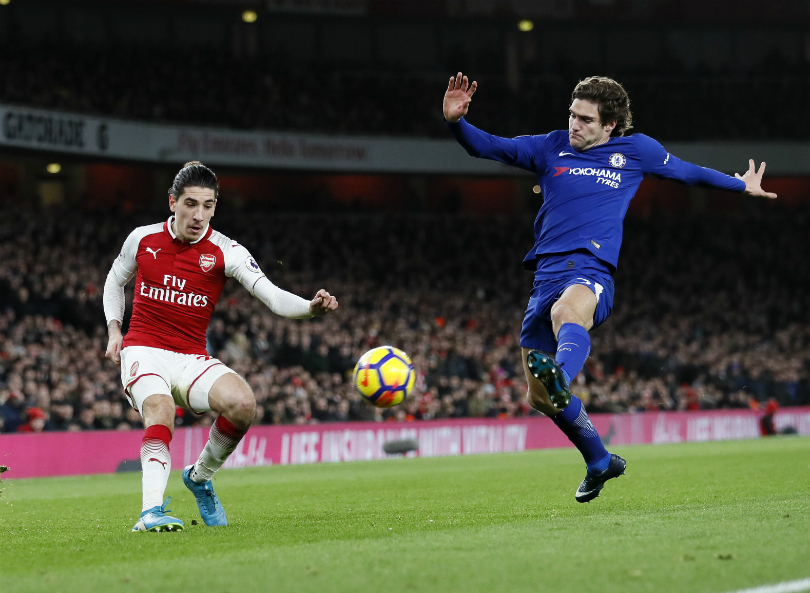
Be versatile
“At Barcelona I was a winger, but when I joined Arsenal they moved me to right-back. I thought that I would be better in an attacking role, but Steve Bould and Bacary Sagna helped me to adapt to the new position, which was key. Talking to two top-class defenders who really know the role offered fantastic insight. I also used my experience as an attacker to help make the switch – I know the positions on the pitch that wingers prefer to take up and what areas they want to play in.”
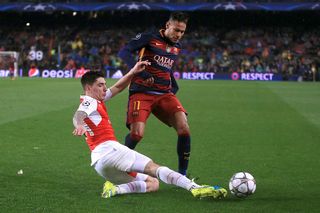
Related article: Phil Neville: Make the move from full-back to midfield
Pick your moments
“As a right-back the most important part of your job is knowing when it’s best to attack and when it’s safer to hold your position and defend. You often see players get caught high up the pitch, which then leaves them vulnerable to the counter-attack. If you sprint down the wing and your team loses possession in midfield, the opposing winger will have plenty of space to attack into. You need to make sure you are alert at all times to avoid leaving yourself exposed defensively.”
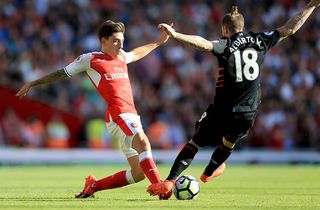
Related article: Jordi Alba: How to be a full-throttle full-back
Use the overlap
“The movement of the right winger on your team is really important if you want to be an attacking threat from right-back. It’s up to him to work alongside you to create space down the flanks. Overlapping the winger on the outside is the most effective way of opening up the defence from a wide area, because if you decide to run infield instead, there’s less space and a lot more players crowded into a small area. This increases the chances of you losing possession.”
Get FourFourTwo Newsletter
The best features, fun and footballing quizzes, straight to your inbox every week.
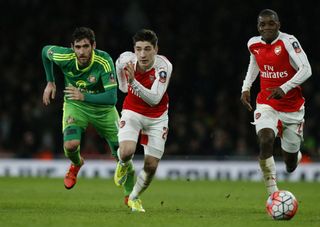
Related article: Gary Neville: Forge a menacing full-back and winger partnership
Don’t skip leg day
“I’m naturally very quick, but I do lots of extra gym work with the coaches at Arsenal to help improve my speed. Squats, single-leg squats and split squats have improved the strength of my legs over time. I also work on my running technique, and the way my knees and hips move. It’s the same type of training that Olympic sprinters do, but you can apply it to football just as easily. If you do the same thing then you can get quicker, even if you’re not a naturally fast player.”

Related article: Build stronger legs and a solid core
Try different sports
“I only competed in track and field once when I was at school because it wasn’t very popular back home in Spain. However, I did play a lot of basketball, in addition to football, which has helped to make me a much better footballer as they’re similar sports. Taking part in a number of different sports can really improve your co-ordination and ability to move in different directions. This is important if you want to have a long career in football, or any other sport.”
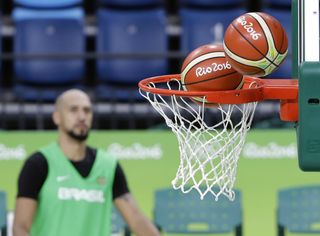
Related article: What your game can learn from other sports
Train the brain
“I had a youth coach at Barcelona called Victor Sanchez who taught me about the importance of the mental side of the game. He told me stories about life and advised the squad which books we should read. We won the Nike Premier Cup at under-15 level and it was then that I realised how much having a positive mindset and clear goals can help you achieve success. If you educate yourself and then apply that intelligence on the pitch, it can lead to improved performances.”
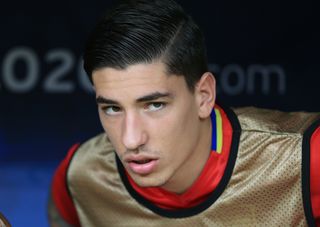
Related article: 5 ways to improve mental focus for football
Andrew Murray is a freelance journalist, who regularly contributes to both the FourFourTwo magazine and website. Formerly a senior staff writer at FFT and a fluent Spanish speaker, he has interviewed major names such as Virgil van Dijk, Mohamed Salah, Sergio Aguero and Xavi. He was also named PPA New Consumer Journalist of the Year 2015.

‘Milan didn’t collapse against Liverpool in Istanbul. We lost focus for six minutes – for the other 114, we played an extraordinary, beautiful game’: AC legend claims they were 'extraordinary' against Reds in 2005 Champions League final

‘Charlton could have qualified for Europe, but selling Scott Parker to Chelsea made the difference. The manager didn’t want him to go and there was a disagreement’: Former Addicks star highlights key reason why they failed to maintain 2003/04 form
Most Popular




